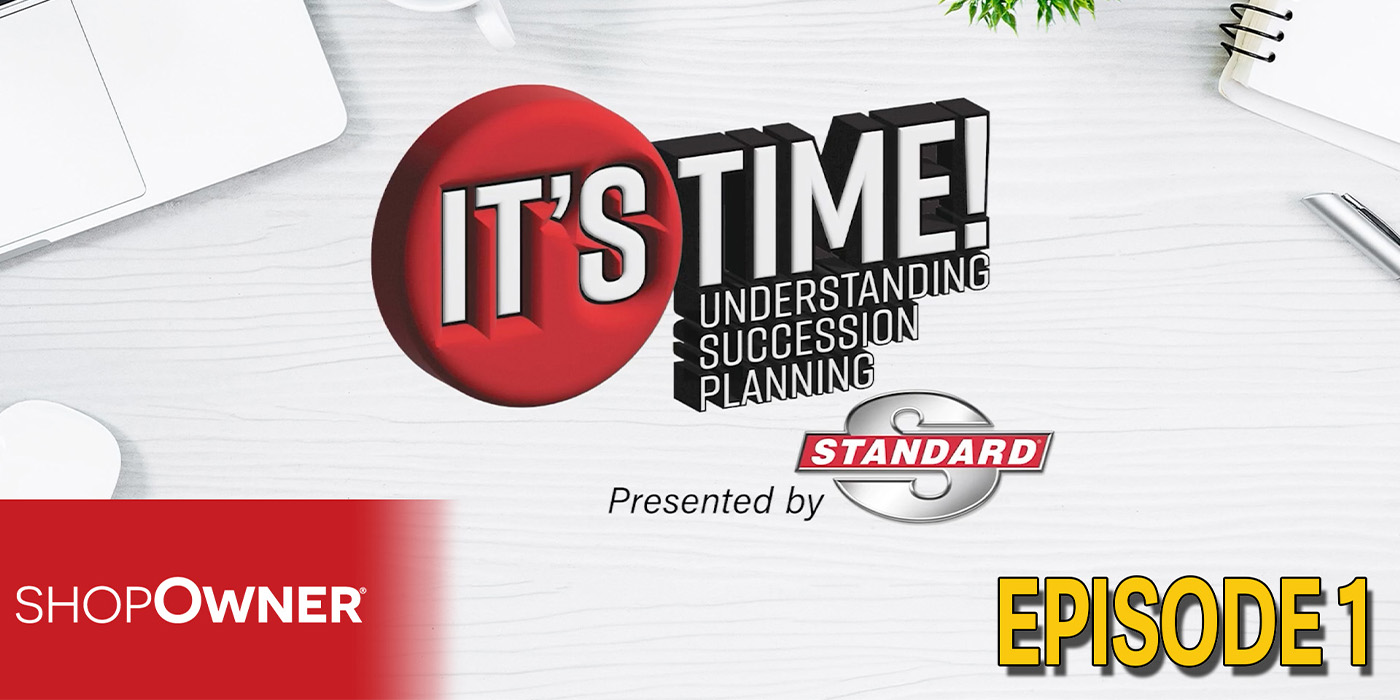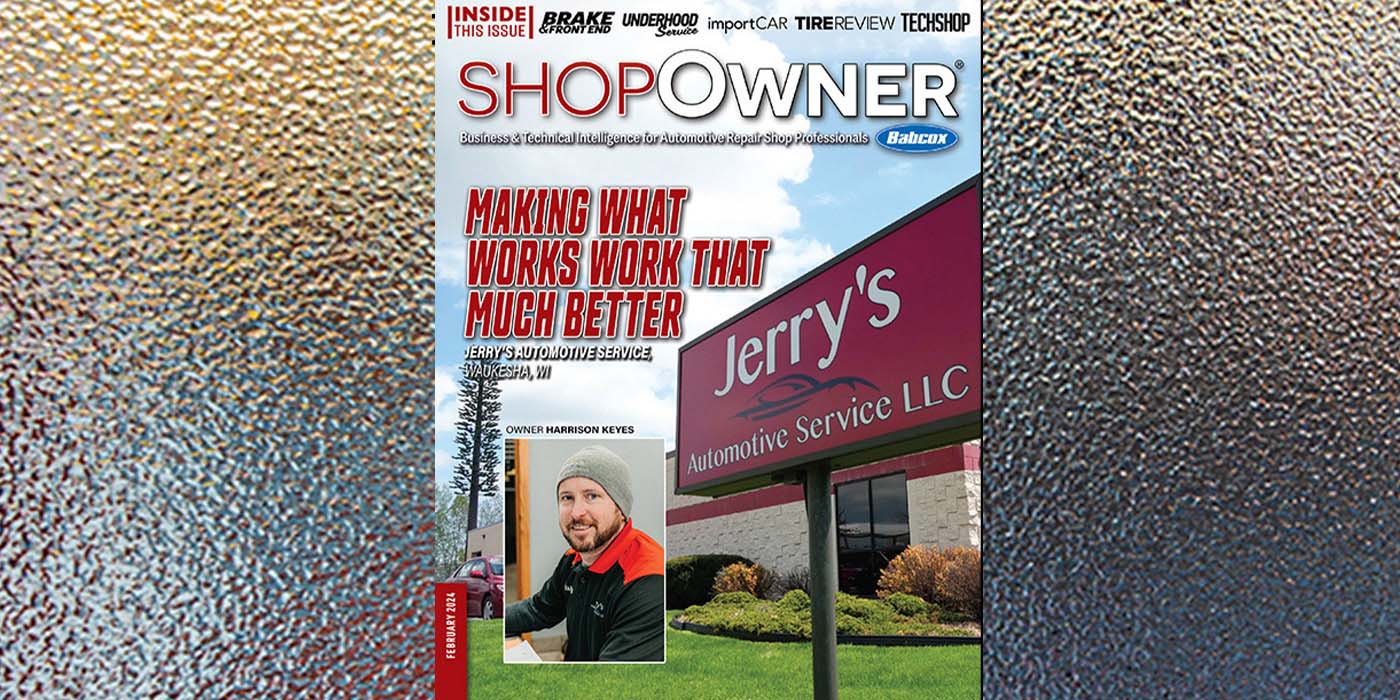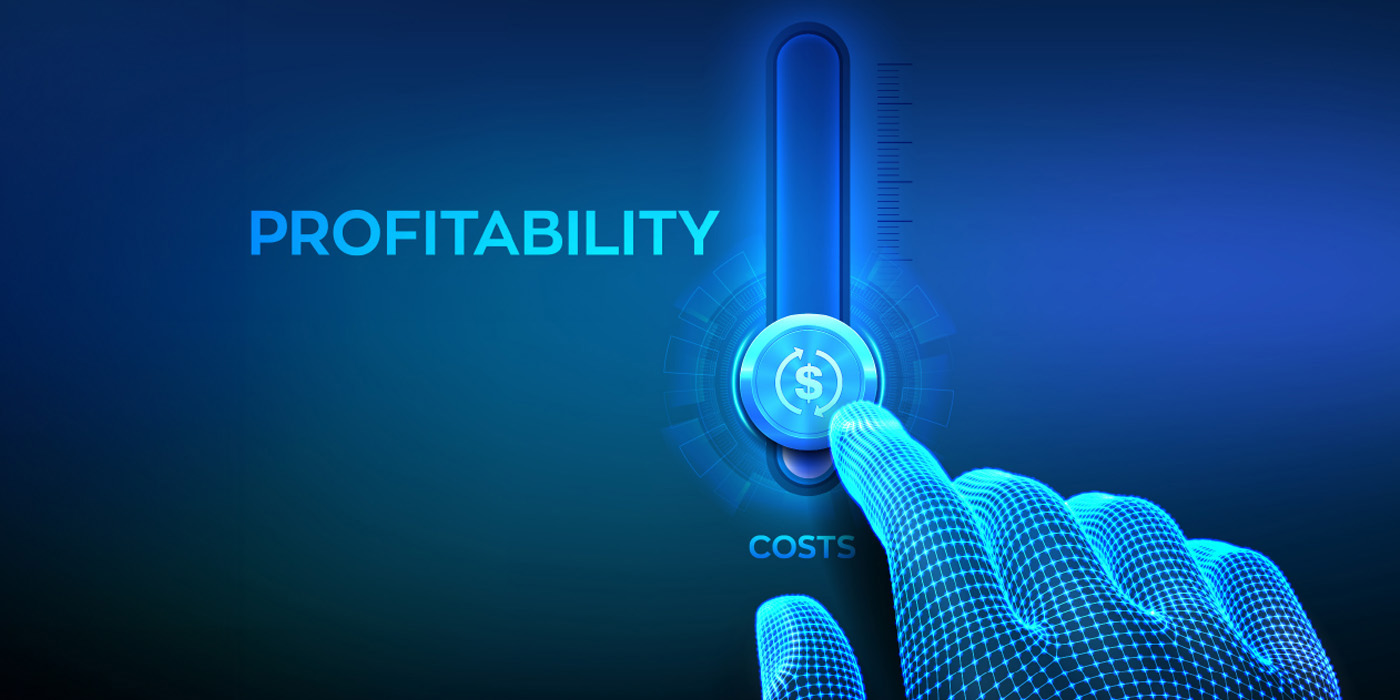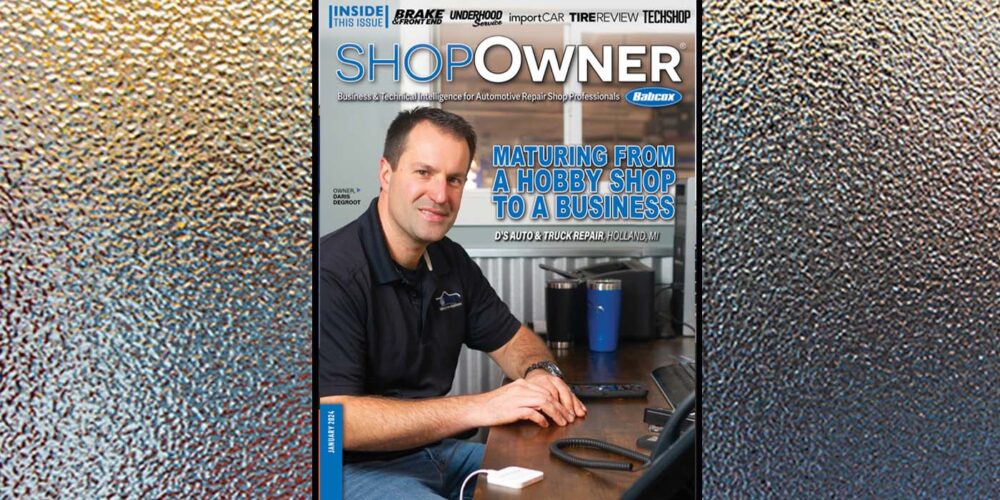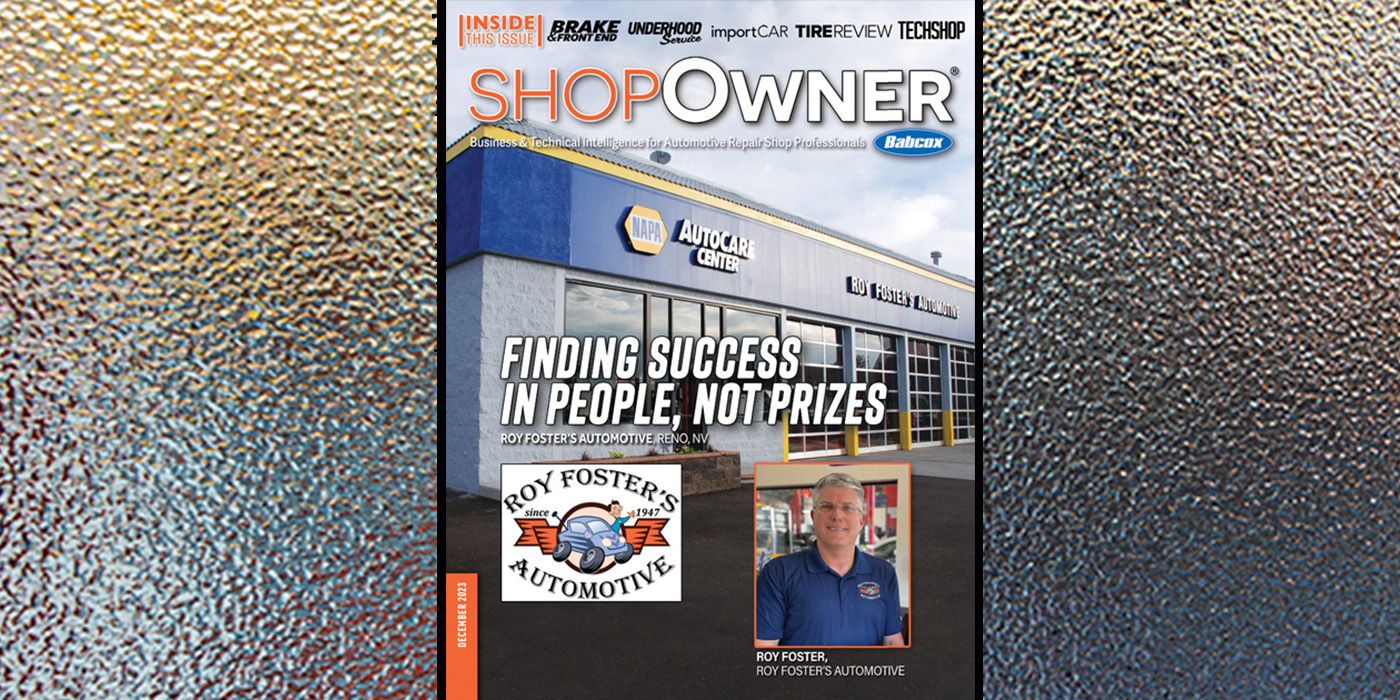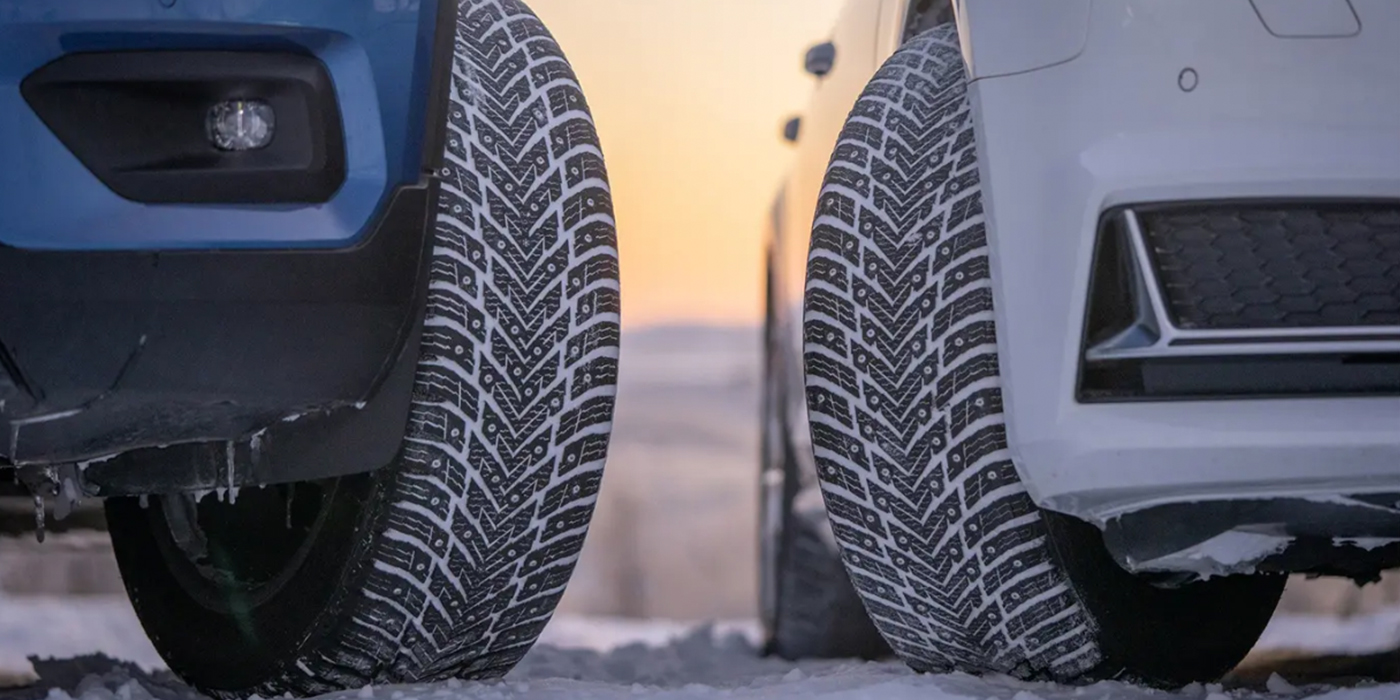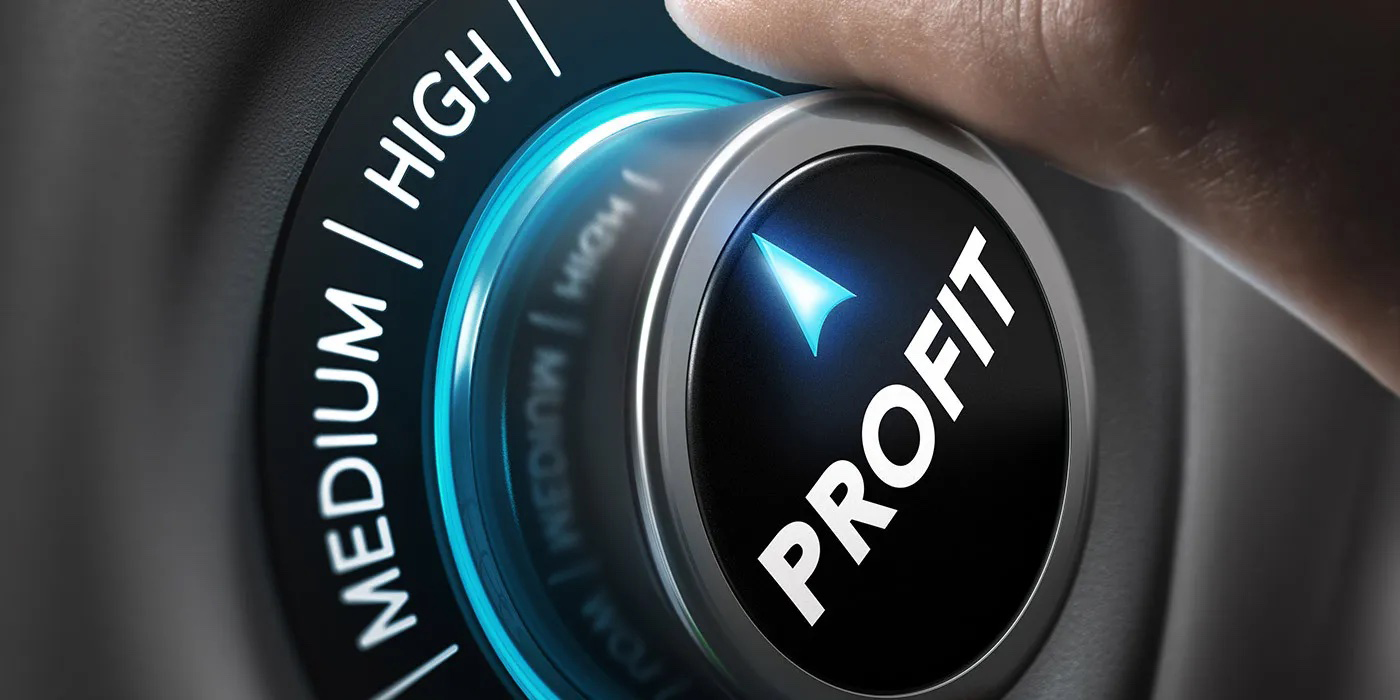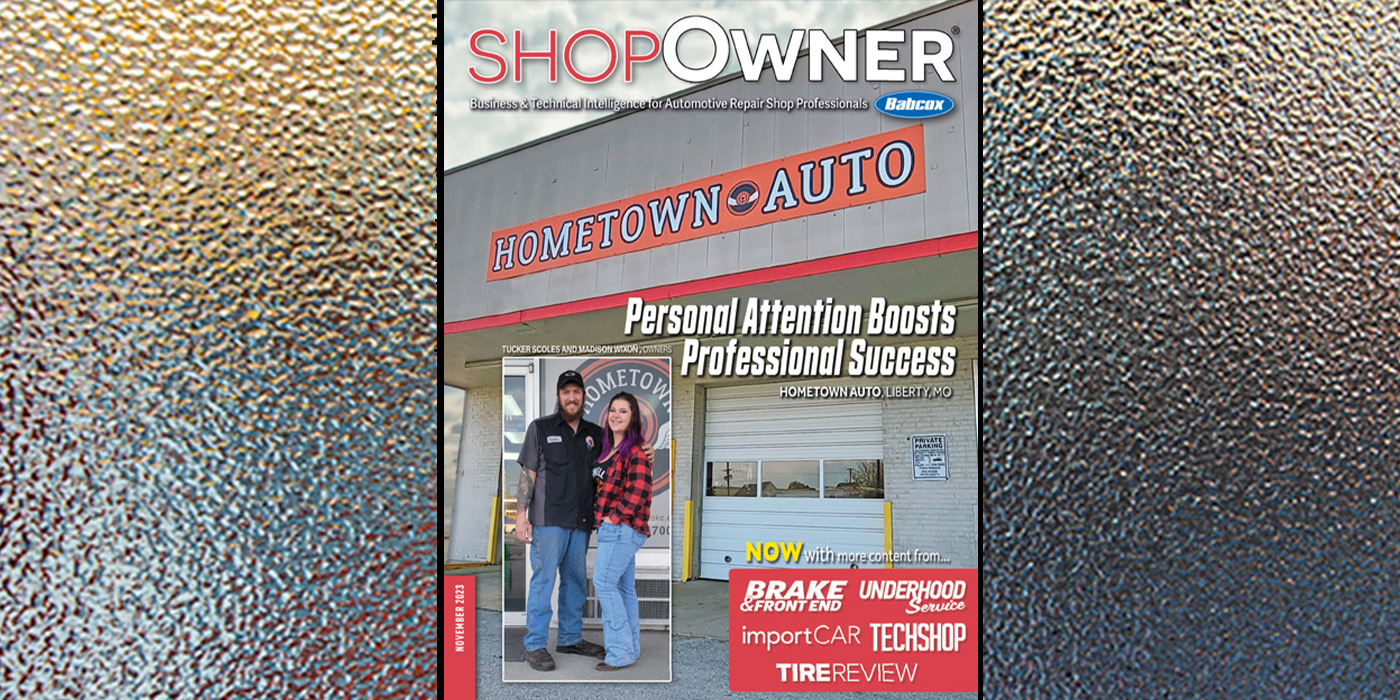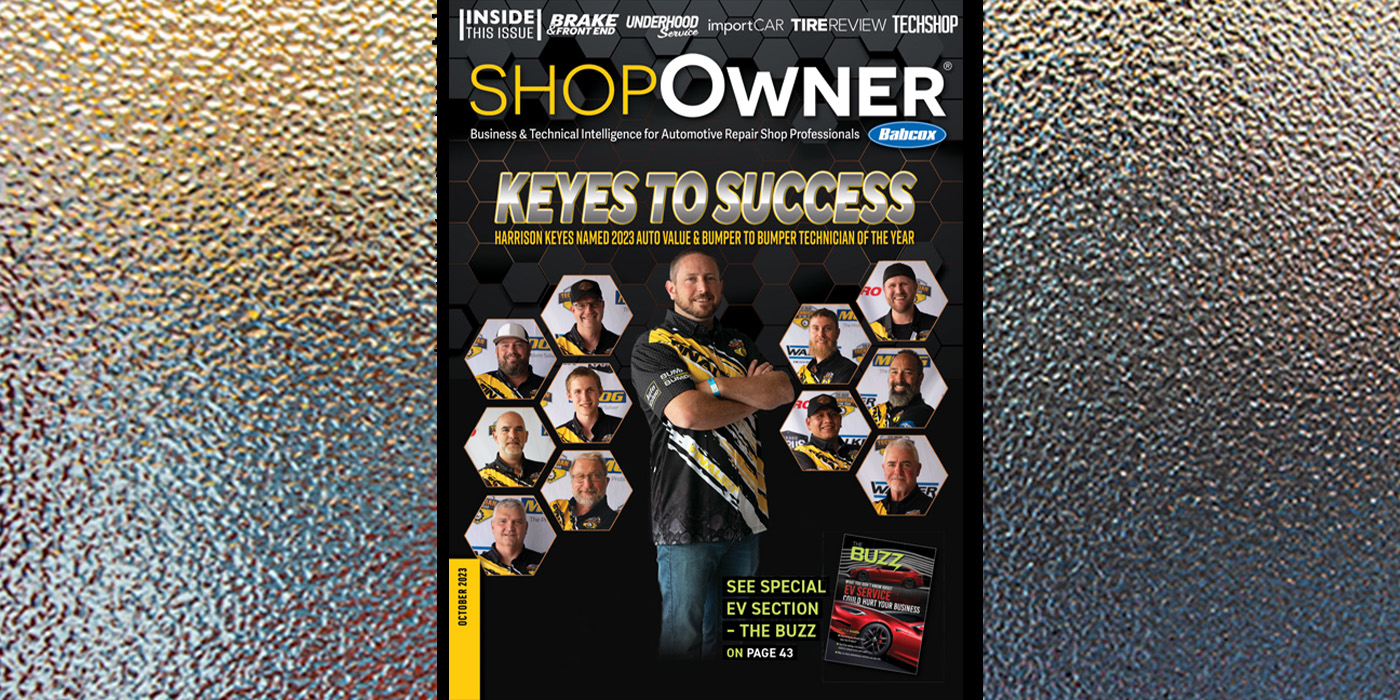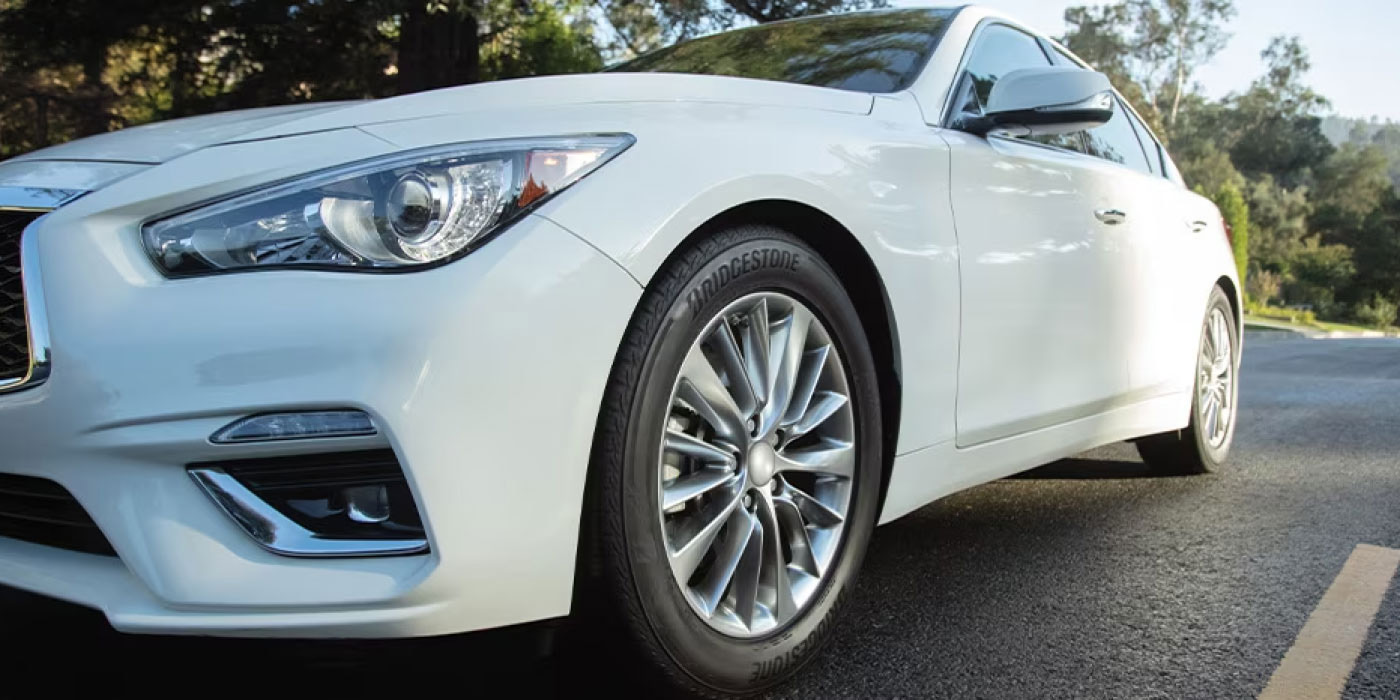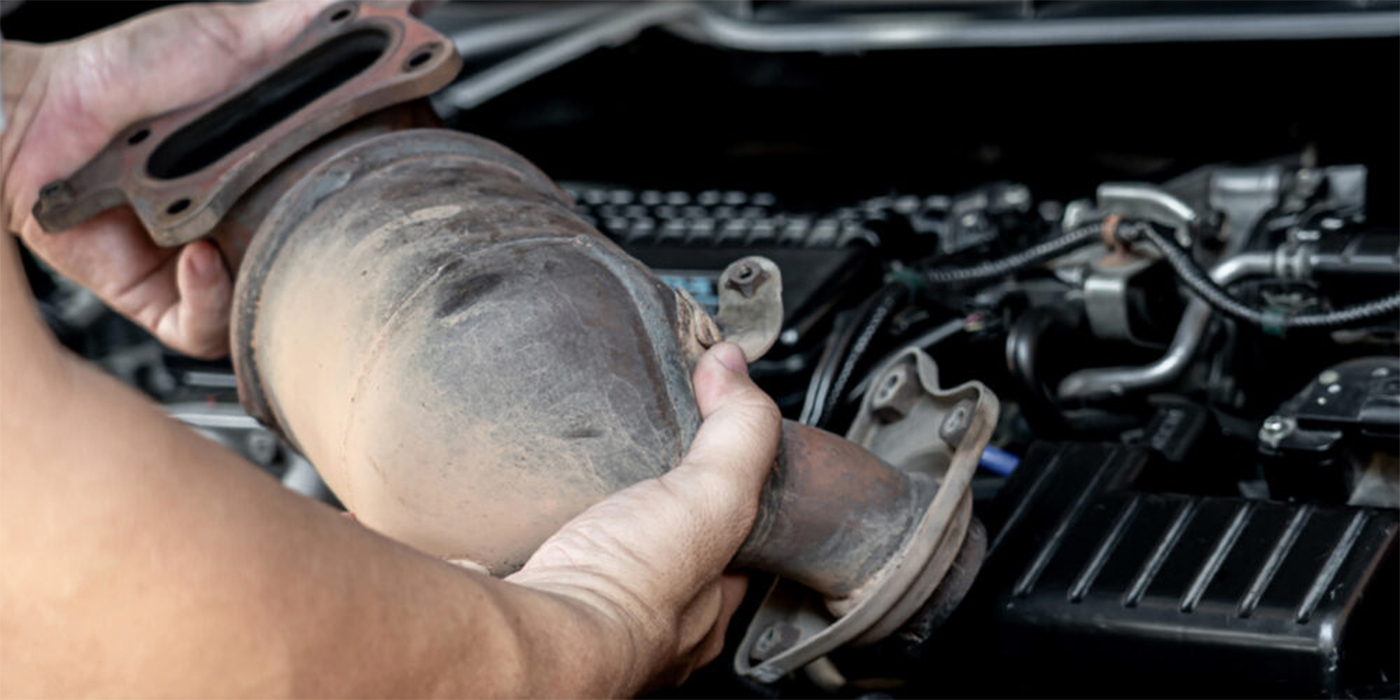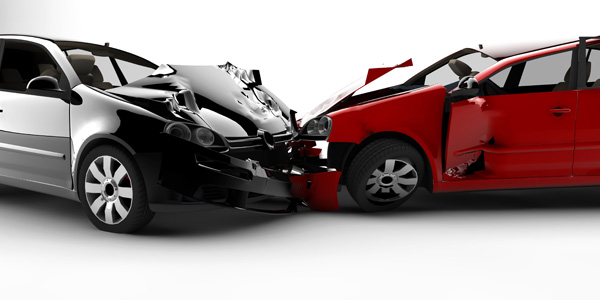
You may or may not be aware of potential automobile loss exposures at your business. If your shop owns any vehicles and uses them in the course of business, you most likely already have commercial auto insurance that includes:
- Auto liability for when you damage someone else’s vehicle or property;
- Medical expenses for injuries sustained in an accident;
- Physical damage to your vehicle through accidents, theft, vandalism & storms; and
- Uninsured/Underinsured for other motorists who cause and have no (or too little) insurance.
But what if you don’t have any vehicles titled to the business? You may think you don’t need commercial auto insurance. That may not quite be true.
At some point all of us has asked an employee to use their own vehicle for some company purpose. Even if it only happens rarely you need a specific type of commercial auto insurance known as Hired & Non-Owned coverage.
In fact, I will not write a policy for a repair shop that does not include this coverage (Yes, including shops that do not have any vehicles titled to the business.). Remember, you’ve taken all the necessary steps to ensure that your property and equipment is properly covered in the event of an accident, and that your employees and customers are protected. But what about the potential loss that arises from employees who operate their personal vehicles for company business?
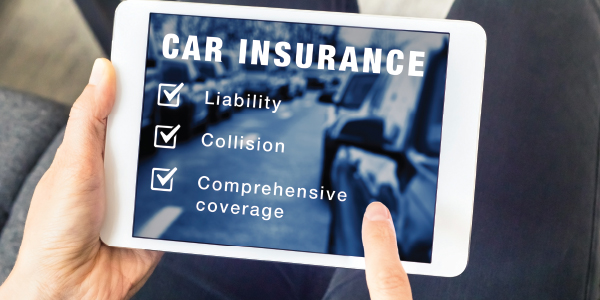
There are many situations that present a potential for you to be held accountable for the actions of your employees while they are driving their own vehicles. Ask yourself if ANY of these events has ever happened at your shop.
- A manager uses his own vehicles, even if only occasionally, to go to the post office or bank on your company’s behalf.
- An employee offers to pick up a fellow employee or drop them off after work.
- You ask an employee to pick up lunch, drop off mail or pick up supplies or a part from your supplier.
- You rent a vehicle while on a business trip or attending an industry show or convention.
- You provide a car allowance for business use of a manager’s or sales person’s personal vehicle.
Here is an actual claim example (with names changed): Sally Jones works for ABC Brake and Lube and drives to the bank each week, as a requirement of her job. One day, Sally drives to the bank and makes a deposit. On her way back to the office, she runs a red light, causing a collision with another vehicle. Both vehicles are totaled. There are serious injuries to the other vehicle’s occupants, one of whom is a small child. Sally is charged with failure to stop for a red signal light.
The resulting investigation revealed that:
- Sally carried only the state-mandated minimum limits of $50,000 of automobile liability coverage.
- Sally’s MVR showed that she had three speeding tickets within the last two years and had been cited for failure to yield at an intersection.
Because of the collision, the following actions take place:
- The other driver and the other driver’s insurance company bring a claim against Sally and her insurer under Sally’s policy.
- Sally’s insurance company pays its policy limit of $50,000.
- However, the total value of the claim is set at $955,000.
- The other driver hires an attorney and names Sally and ABC Brake & Lube as co-defendants in a lawsuit, seeking the remaining damages and alleging that:
- Sally was negligent for failing to stop for a traffic control device, driving recklessly and speeding.
- ABC Brake & Lube was negligent for failing to perform due diligence before permitting Sally to operate a motor vehicle on company business, and for not securing a copy of Sally’s MVR, not properly evaluating it, and not properly supervising the employee.
Thus, ABC Brake & Lube was held vicariously liable for Sally’s actions because Sally’s negligence occurred while she was performing a work-related errand.
The plaintiff was successful in the lawsuit, ABC Brake & Lube was held responsible for $955,000 in damages: $50,000 of which was paid by Sally’s policy limit and the balance of $905,000 was held against ABC Brake & Lube
Note: Any situation that you can imagine that involves an employee or manager using a rental car, personal car or any car not registered to the business, will require Hired / Non-owned liability insurance to protect your business adequately.
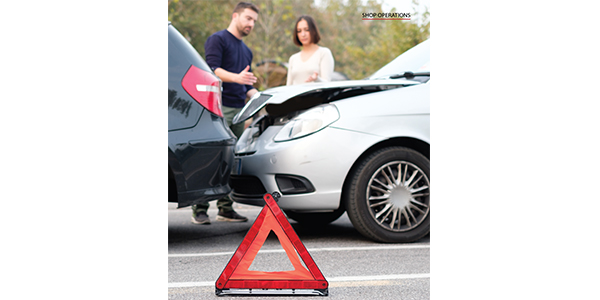
If you do not have any vehicles titled to your business, you may not have a commercial auto policy. And if you do have a commercial auto policy it may only cover employees while they operate “company-owned” vehicles to perform company business.
Contact your agent today and ask if your current business insurance package includes Non-owned and Hired automobile liability coverage (If it does not you may need to reevaluate your coverage.). This type of coverage will kick in if there is an accident involving an employee’s use of their personal vehicle, or a rented vehicle, and your company is found legally liable.
Typically, an employee’s personal automobile insurance will provide primary insurance to both the employee and the business if the employee is using their vehicle on company business. However, if you surveyed your employees I would bet even money that more than half only carry the minimum liability coverage required in your state. It is important to realize that damages/law suits routinely exceed those minimum limits and would then be passed on to your business. Without Non-Owned and Hired automobile liability coverage you may be vulnerable to paying out some very costly damage amounts or jury awards.
It is important to note this coverage will not cover accidents that happen during your employees’ commute time or if they run a personal errand. The coverage is strictly for business use.
Hired automobile coverage provides coverage for the use of rented cars or car services such as taxis, Uber and limousines. If you or a technician are attending a trade show or training it is advisable to rent a vehicle in the name of the business to avoid sticky legal situations.
Non-Owned automobile coverage refers to a vehicle that is not owned or registered to the business, such as an employee’s car used for business-related travel.
Once you establish that proper coverage is in place to protect the business against liability suits it is also imperative that guidelines be established and adhered to for employee’s using their own vehicle for business purposes.
According to estimates by the National Safety Council, over one million car crashes annually are attributable to cellphone use while driving. Since distracted driving accidents can have serious implications for companies, a company policy that emphasizes the importance of driving attentively and restricts the use of mobile phones is essential to preventing employee accidents in all vehicles, both personal and company-owned.
In addition, the policy should clearly state when the use of a personal vehicle will be expected or allowed, and all employee job descriptions should specify when driving a personal vehicle will be a job function.
As a condition to employment and thereafter at least on a yearly basis, those employees driving personal vehicles should be required to provide:
- Proof of a driver’s license;
- Motor vehicle safety inspection certificates;
- Copy of insurance certificates proving liability coverage at or above an established company limit including personal injury and medical limits;
- Proof that the employee has declared the use of the auto for business to his or her insurer;
- Exhaustive lists of all prescribed controlled medications; and
- Further, you should reserve the right to check motor vehicle records annually or more frequently.
After the driving policy has been instated, it should be actively communicated and enforced. Managers of employees utilizing personal vehicles should be directed to monitor the safety and maintenance of those vehicles. Employees found out of compliance with the company policy should be subject to reassignment or termination. It is every employer’s responsibility to ensure its employees’ safety on the job, and those that use personal vehicles on business are no exception.
In summary, protect your business through the development of proper procedures for employees using their own vehicle for business purposes and then enforce and adhere to those policies.
Equally important is that you take action to transfer the risk of liability damage suits to your insurance carrier through the purchase of Hired / Non-owned Automobile Liability insurance. The premiums associated with this coverage are minimal and may save you from some very costly pay-outs.

